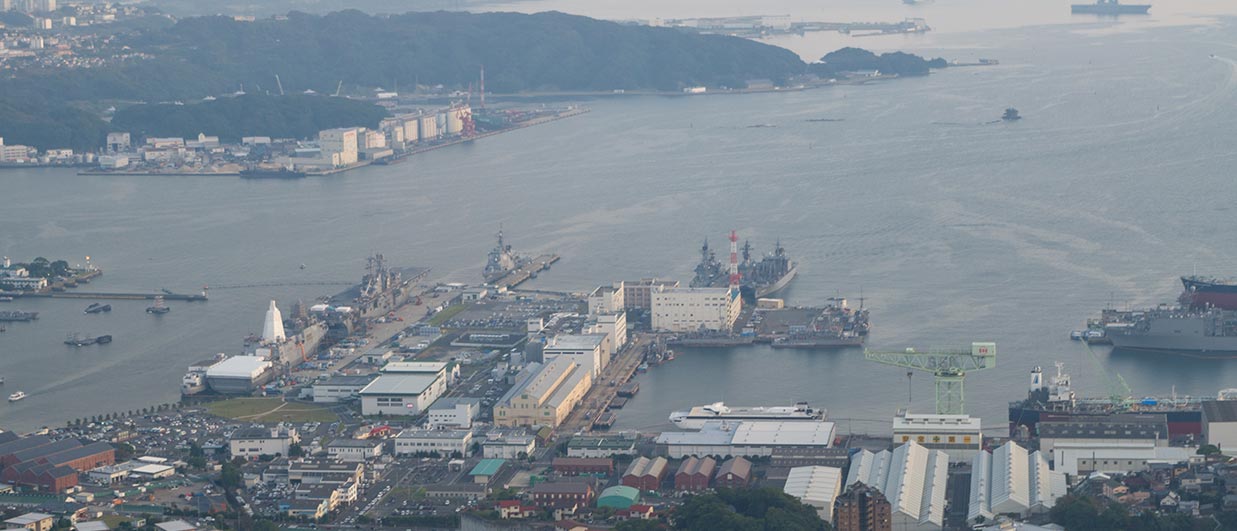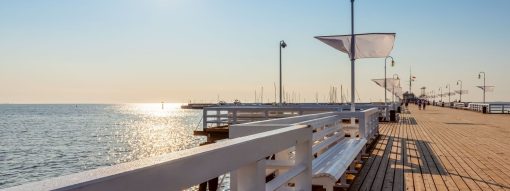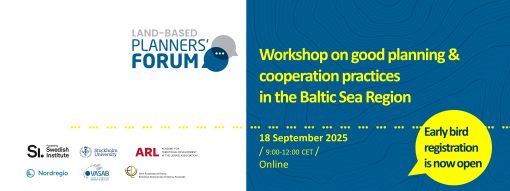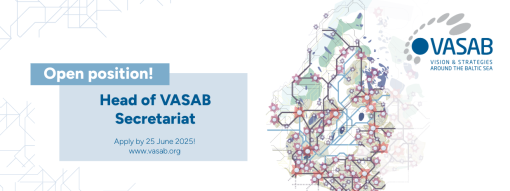VASAB actively involved in implementation of the European Union Strategy for the Baltic Sea Region
The Strategy (EUSBSR) has several Horizontal Actions (HA) focused on specific aspects in order to respond to the regional needs. VASAB is HA leader of two actions.
HA “Develop and complete Land-based Spatial Planning”
This HA ensures coherence between actions and maintaining an integrated approach. Without a clear picture of the region, and an awareness of sensitive areas, population and economic pressures and other factors, sustainable development is not feasible.
The major contribution on the development of land-based spatial planning is the elaboration of the „Long Term Perspective for the Territorial Development of the Baltic Sea Region” (LTP). The LTP was adopted by the VASAB 7th Conference of Ministers responsible for Spatial Planning and Development of the Baltic Sea Region in 2009. The LTP is in line with the Territorial Agenda of the EU and it complements the EUSBSR with regard to more detailed objectives and actions concerning territorial cohesion and development of the BSR. The LTP concentrates on issues which require transnational solutions such as urban networking and urban-rural cooperation, improving external and internal accessibility as well as development of maritime spatial planning. It should be taken into account by Priority Area Coordinators with regard to spatial objectives, conditions and impacts of their actions.
As part of the implementation process of the EUSBSR, the LTP is currently being implemented through a number of short-medium and long-term actions together with other stakeholders of the Region.
HA “Encourage the use of Maritime Spatial Planning in all Member States around the Baltic Sea and develop a common approach for cross-border cooperation”
Horizontal Action Leaders of this HA are jointly VASAB and HELCOM. The HA has a task to develop a maritime spatial planning (MSP) system for the Baltic Sea based on the ecosystem approach. Increased activities in the Baltic Sea lead to competition for limited marine space between sectoral interests, such as shipping and maritime transport, offshore energy, ports development, fisheries and aquaculture in addition to environmental concerns. MSP is a key tool for improved decision-making that balances sectoral interests and contributes to achieving sustainable use of marine areas to benefit economic development as well as the marine environment. BaltSeaPlan and Plan Bothnia projects are the key preparatory actions to test the implementation of MSP in a cross-border context.
A joint co-chaired MSP Working Group was launched in October 2010 by HELCOM and VASAB to ensure cooperation among the BSR countries for coherent regional MSP processes in the Baltic Sea.
Detailed information about EUSBSR is available here: www.balticsea-region-strategy.eu



